Industries
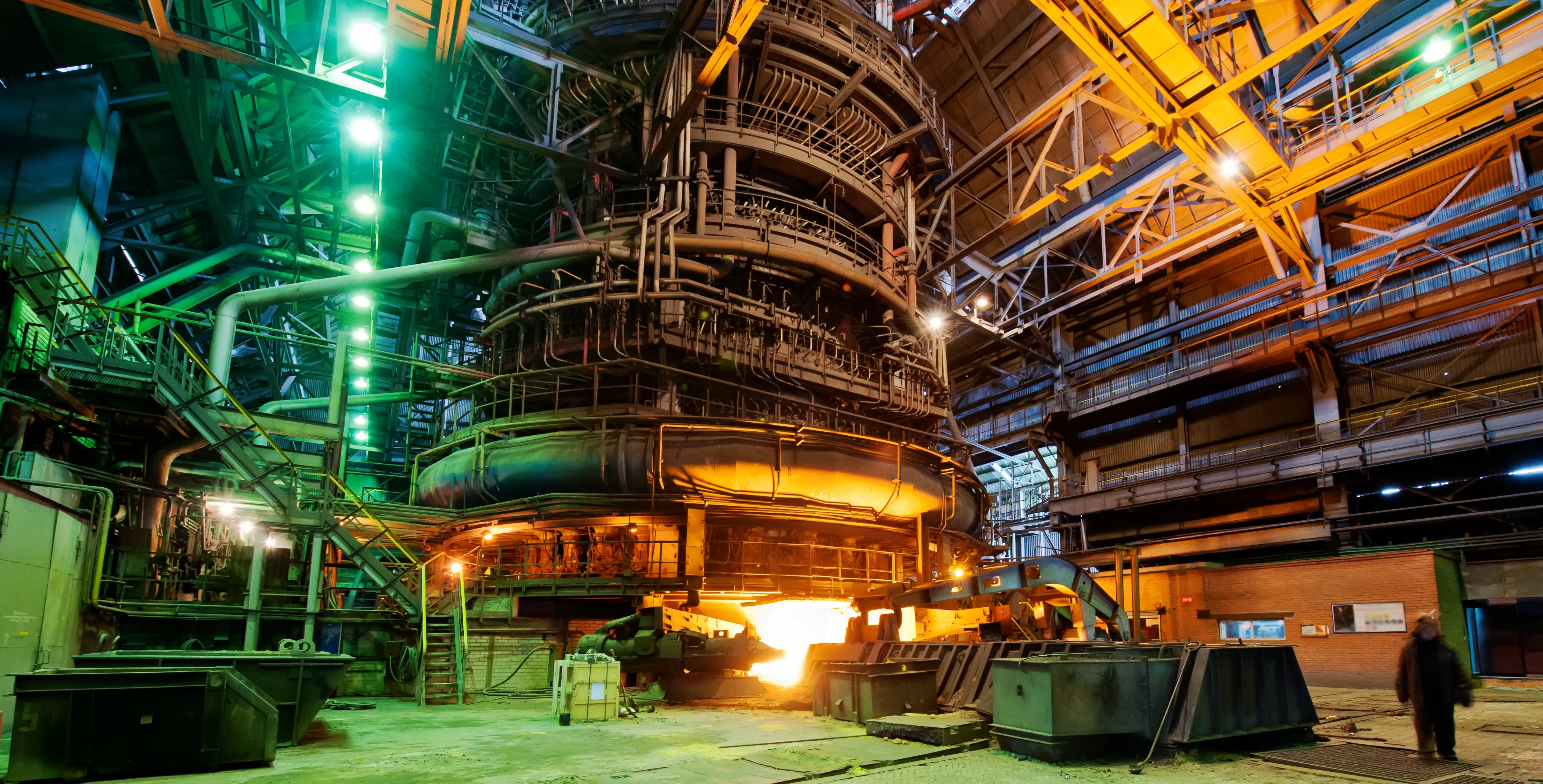
IRON & STEEL
IRON & STEEL
BLAST FURNACE
Olidun is rich in MgO (40-45%) and ideal for use as a fluxing agent in blast furnace in place of dolomite. Using Olidun in the flux protects the furnace’s refractory lining by improving the alkali removal, controls the sulphur content in pig iron and offers operational and economic advantages.
Olidun as a magnesium source is preferred due to its advantageous properties:
- Improved sintering capacity and product quality
- Reduced energy consumption
- Reduced slag volume
- Olidun makes the slag viscosity less dependent on variations in the slag composition.
ADVANTAGES
- Reduces energy, coke, fuel consumption, CO2 emissions, slag volume and production cost
- Improves alkalinity and fluidity, applicability in high temperature processes, sintering capacity and gas flow permeability
- Safeguards the environment. Olidun is as green as it gets!
- Ensures control of the sulphur content in pig iron, protection of any refractory lining, applicability with out preliminary heat treatment, stable slag viscosity, high abrasion resistance, easy and safe storage
- Ceramic bonded forsterite (Dunite-Magnesia) bricks with high refractoriness and a long list of benefits, for use in cement, glass and lime kilns, in rotary kilns, EAFs, Ladles & blast furnaces.
- Refractory monolithics like spraying, ramming, vibrating and gunning mixes as well as various types of mortars are used as the protective surface in furnaces, ladles and tundishes while also facilitating deskulling. Partial replacement of DBM by Olidun offers significant techno-economical advantages.
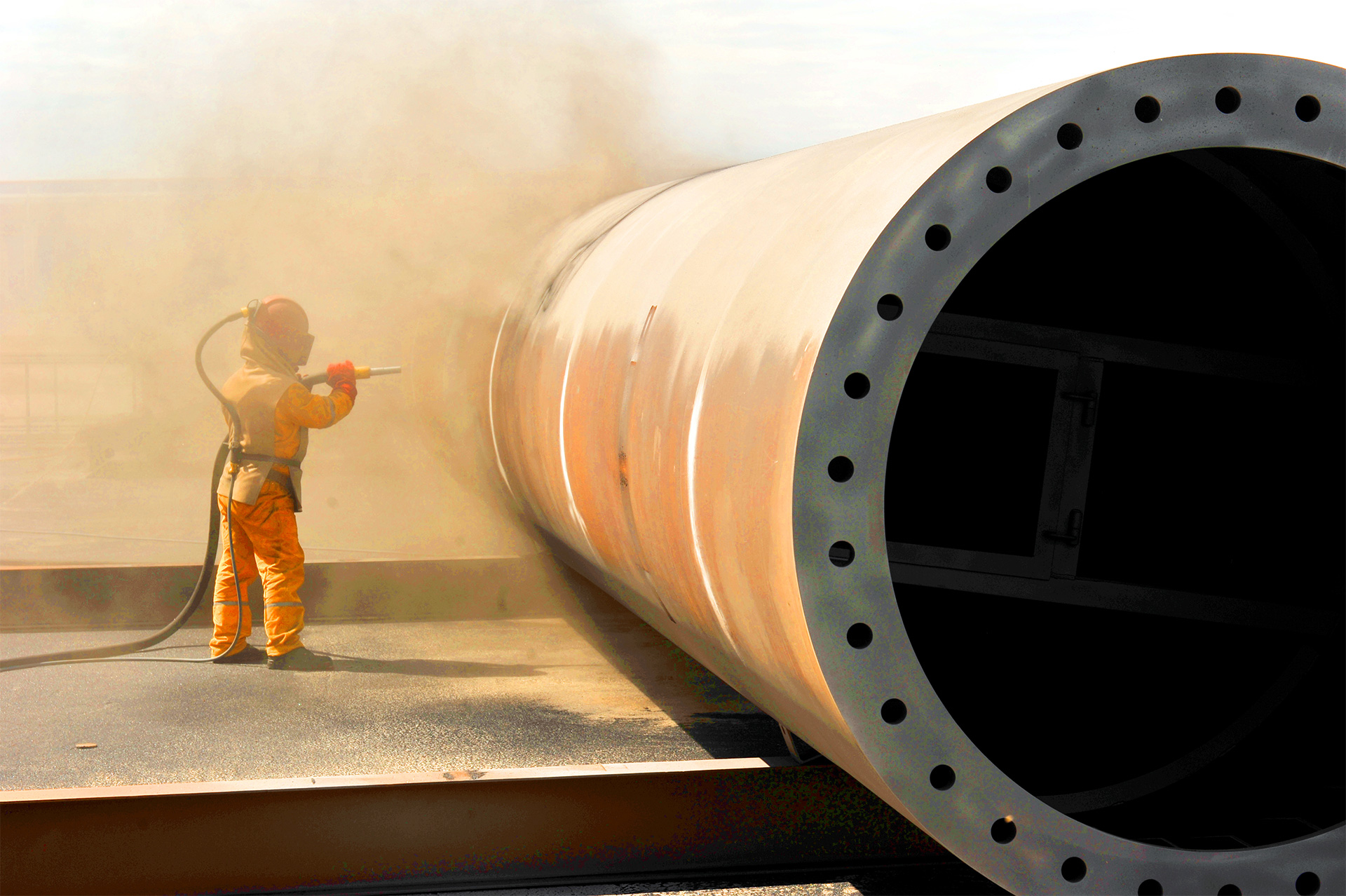
SANDBLAST
SANDBLAST
Dunite is an ideal abrasive due to its hardness (6,5-7.0 Mohs), high relative density and angular grain structure. It is not classified as a hazardous material or waste (when in need to be disposed), it is environmentally friendly and can be recycled and re-used. smooth surface, which requires a minimum amount of finishing,
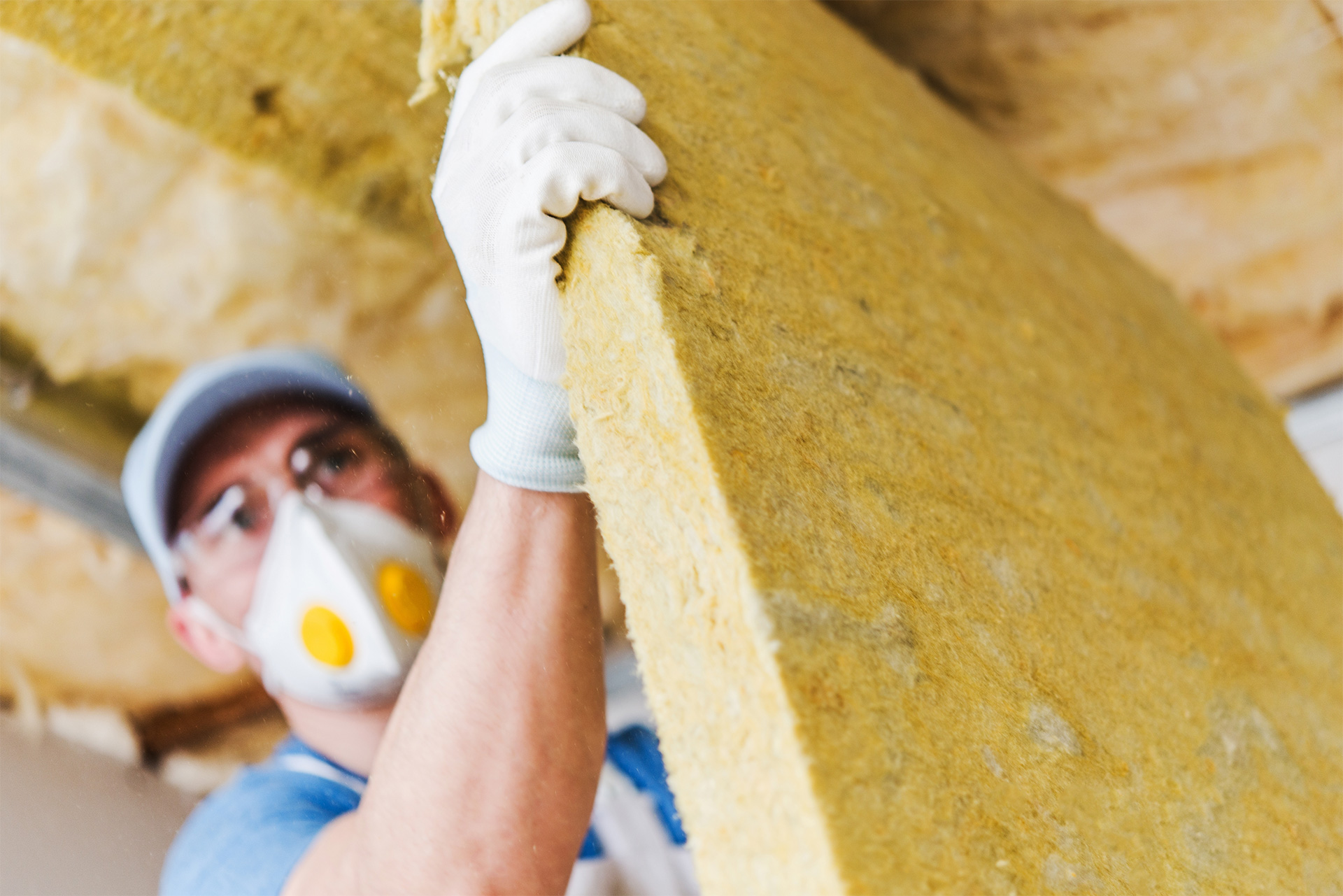
MINERAL WOOL
MINERAL WOOL
Due to its high MgO content, dunite is used as a cost-effective raw material to add MgO in mineral wool in order to improve its thermal and mechanical properties and low environmental footprint compared to dolomite, limestone or lime.
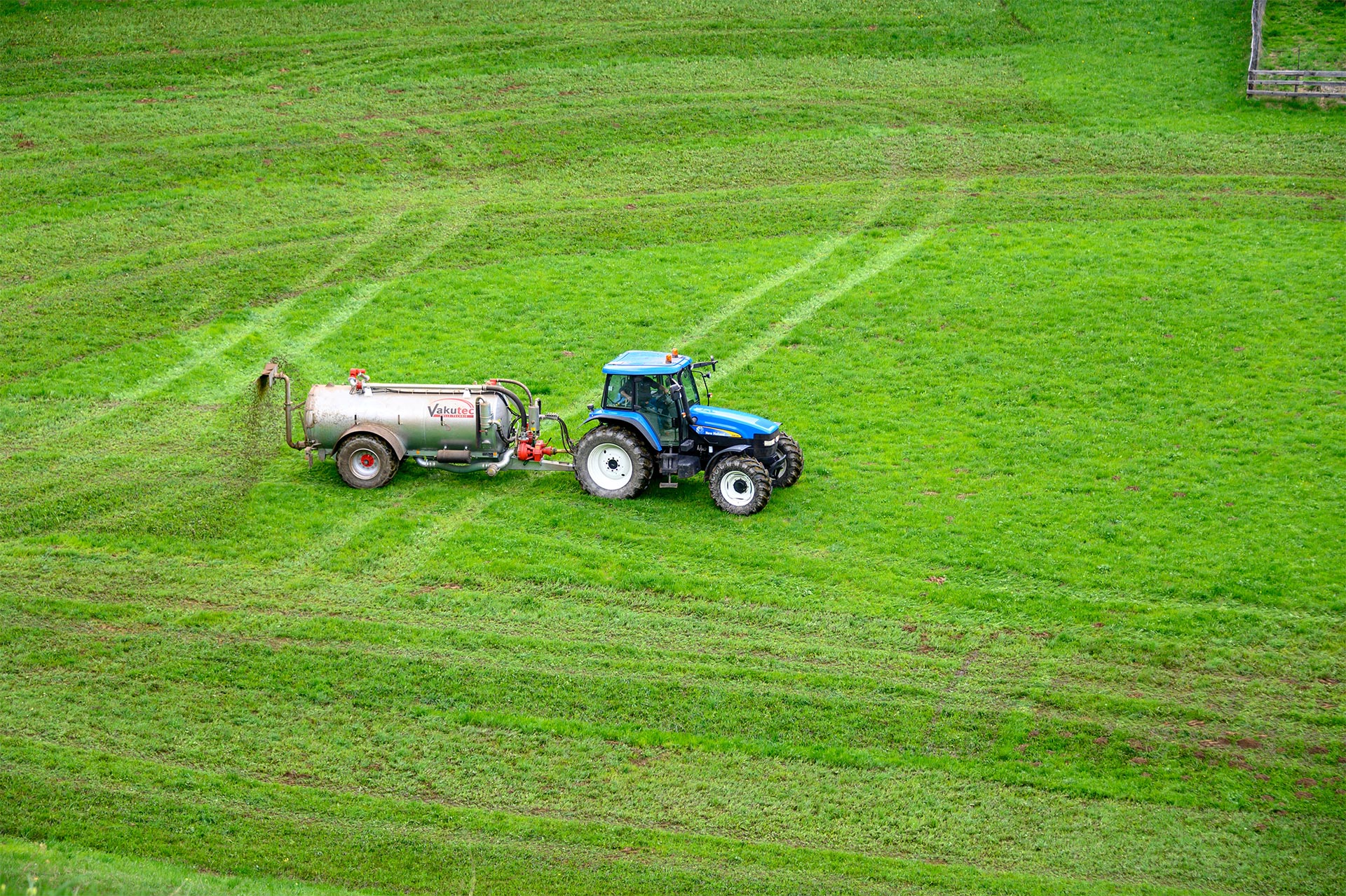
FERTILIZERS
FERTILIZERS
Dunite can be used in the production of magnesium sulphate for fertilizers and for ammendement of magnesium and iron deficient soils.
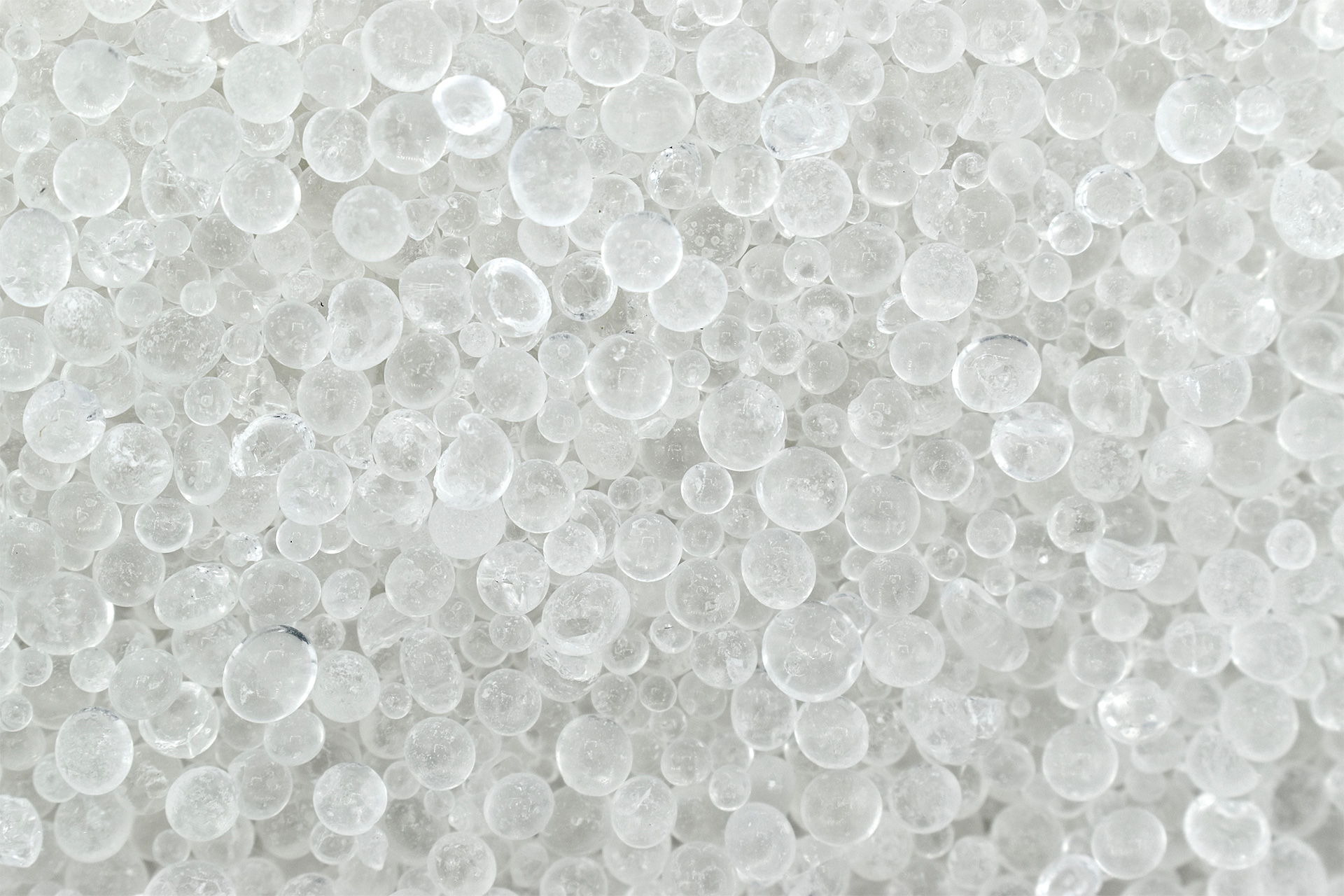
MICROSILICA
MICROSILICA
Dunite can be used as an alternative raw material for microsilica production through acid dissolution co-producing useful magnesium salts such as magnesium sulfate and magnesium chloride.
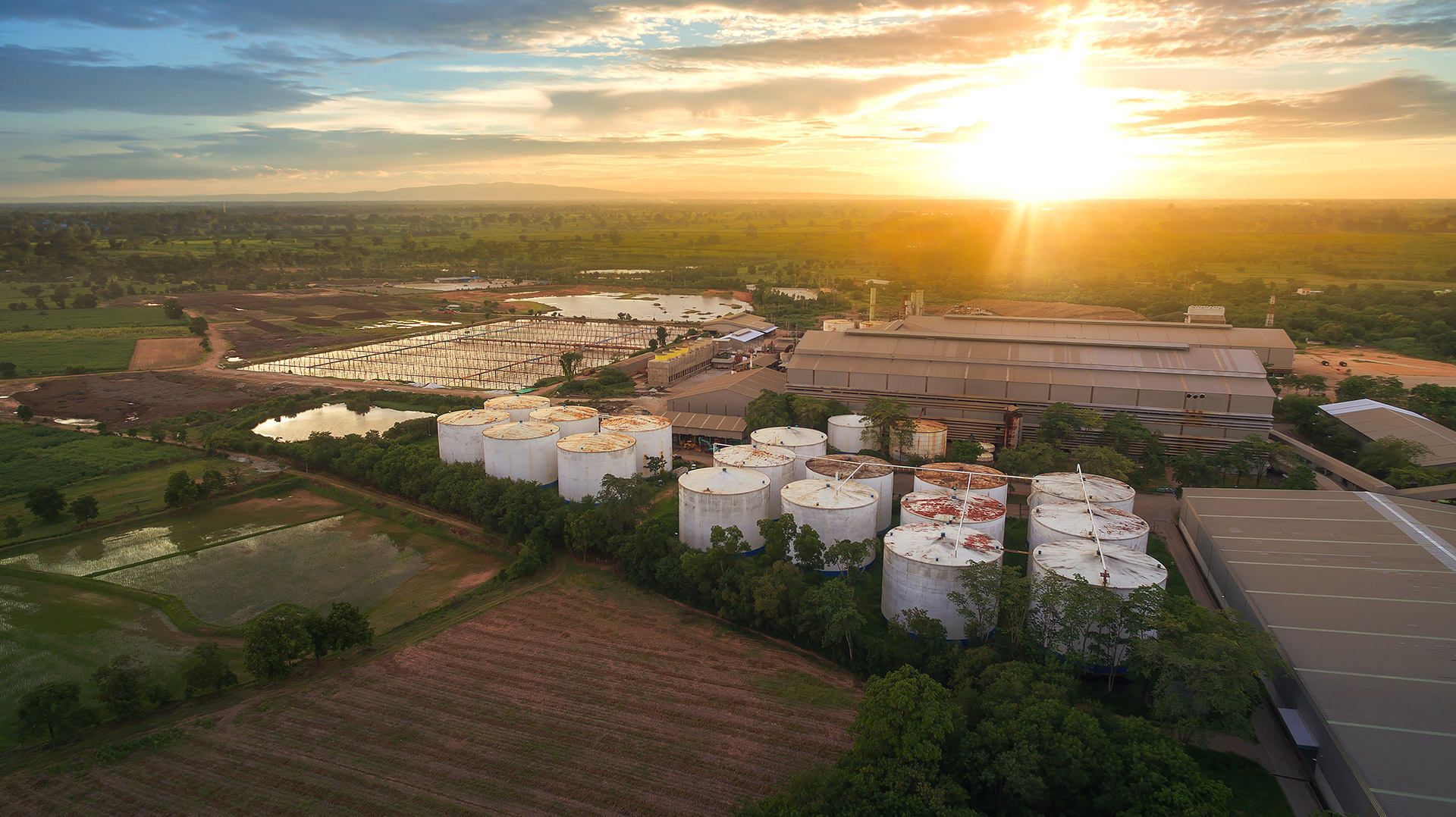
FLUIDISED BED COMBUSTION
FLUIDISED BED COMBUSTION
Dunite can be used as bed material in fluidized bed type combustion (FBC) especially in biomass gasification applications in power stations. The main advantage of using dunite as bed material instead of the traditional silica sand is that the former helps prevent bed agglomeration due to its higher refractoriness and its significantly lower tendency to react with biomass ash to form low melting alkali silicates.

CO2 SEQUESTRATION
CO2 SEQUESTRATION
Olivine containing minerals, such as dunite are receiving much attention recently for their inherent CO2 sequestration properties. While reaction of olivine with atmospheric CO2 to form stable mineral structures is a very slow natural process, enhanced weathering projects (e.g. use of carbon negative sand for coastal or farming soil enhanced weathering) could prove valuable in global mitigation efforts for climate change. Grecian Magnesite is already involved in such international projects.